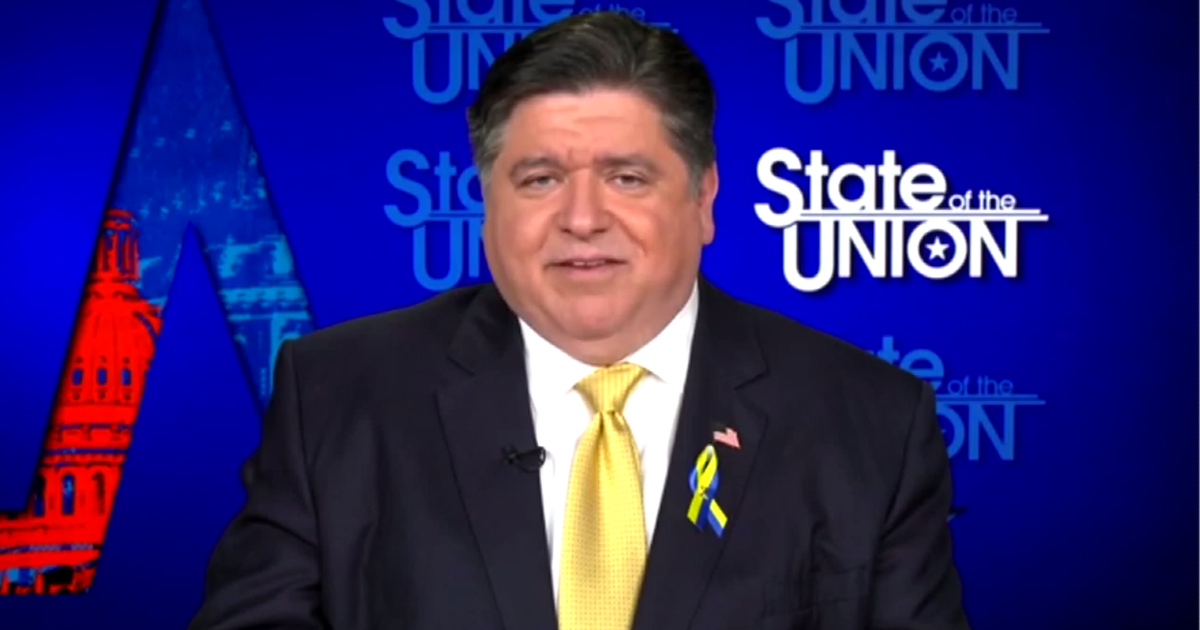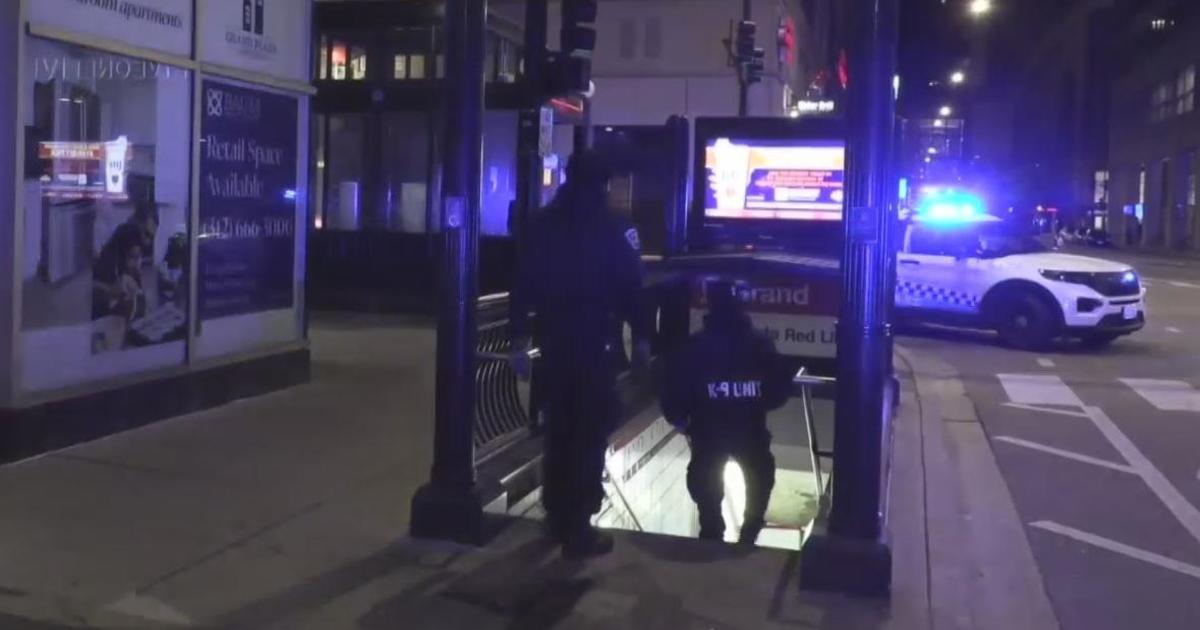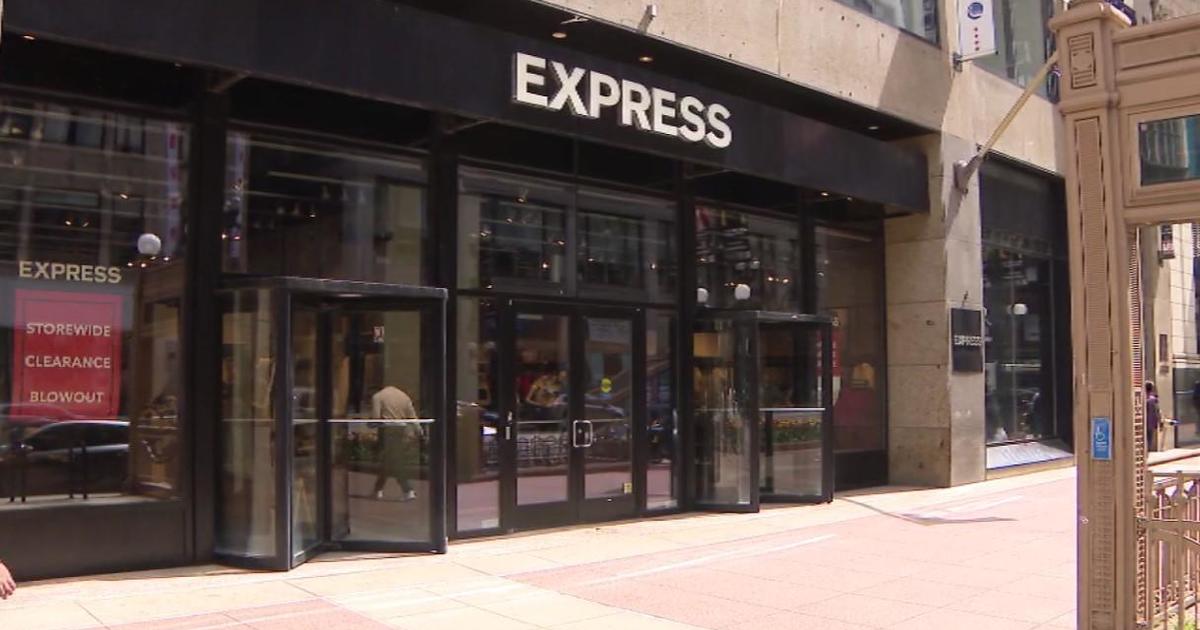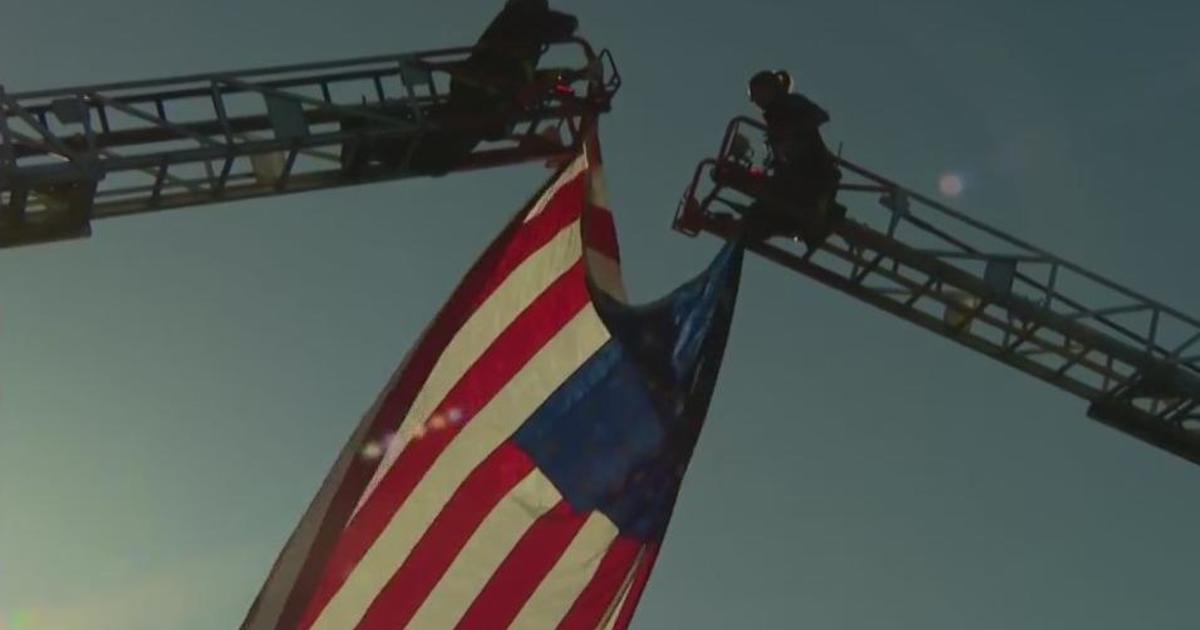Judge: CTA Must Allow Anti-Emanuel Leaflets
CHICAGO (AP) -- The Chicago Transit Authority must allow workers to hand out leaflets in break rooms opposing Mayor Rahm Emanuel's re-election bid, a federal judge ordered Thursday, concluding the union's allegations that the agency undercut free-speech rights guaranteed in the U.S. Constitution are credible.
The temporary restraining order will remain in effect until after the April 7 runoff election, Judge Robert Dow said in an 18-page opinion. The CTA also can't discipline or threaten to discipline employees for passing out the materials.
The Amalgamated Transit Union, which represents more than 10,000 CTA bus and rail workers, asked for the order in a lawsuit filed this week in Chicago federal court. It argued the CTA permitted campaigning in break rooms for years and only prohibited the practice after the union endorsed Emanuel's challenger, Jesus "Chuy" Garcia.
Judge Rules Against CTA In Election Dispute
The CTA denied that claim, saying Illinois' ethics and political rights laws clearly ban any such political activities at agency workplaces, including break rooms.
The union heralded Dow's decision, calling it an "embarrassing blow" to the mayor. It said volunteers would go to CTA bus garages and train terminals Thursday and Friday to let members know about the ruling.
The CTA said in a statement it's "fully committed to protecting the right to free speech," and added the judge acknowledged that the CTA's position that it's "upholding state laws concerning prohibited political activities may ultimately prevail."
The president of the pro-Emanuel Chicago Building Trades union, Tom Villanova, said he has, until now, discouraged members "from doing any sort of political work on public time." But in light of Dow's ruling, he said in a statement that he'd ask his members "to do in break rooms what they've been doing for months across Chicago:" advocating support for Emanuel.
Dow was required in this emergency ruling to use a far lower threshold of evidence -- compared to a jury at a trial -- in deciding whether the CTA might have violated workers' First Amendment rights. As the lawsuit proceeds, the union would have offer more and far stronger evidence.
Among the questions that still need a clear answer, Dow wrote, is just what Illinois law means in barring political activities "while at work or on duty," saying it may or may not apply to break rooms where work isn't currently being done or to workers dropping by break rooms on their days off to pass out campaign material.
(© 2015 The Associated Press. All Rights Reserved. This material may not be published, broadcast, rewritten or redistributed.)



